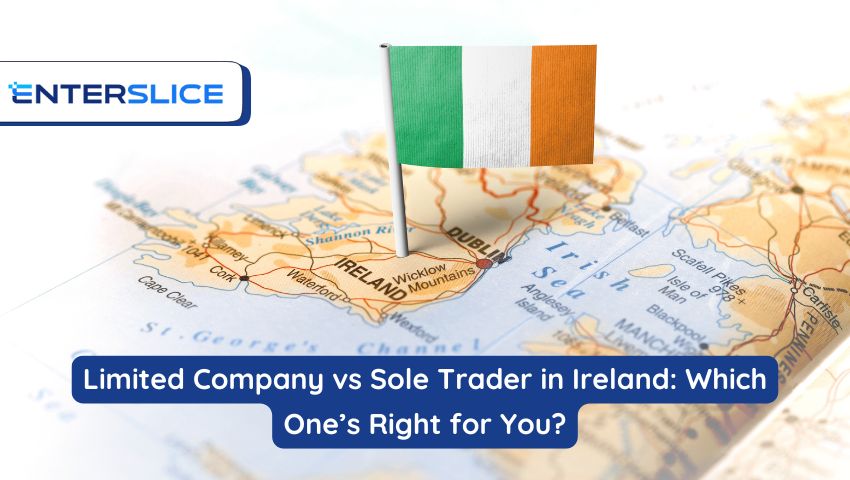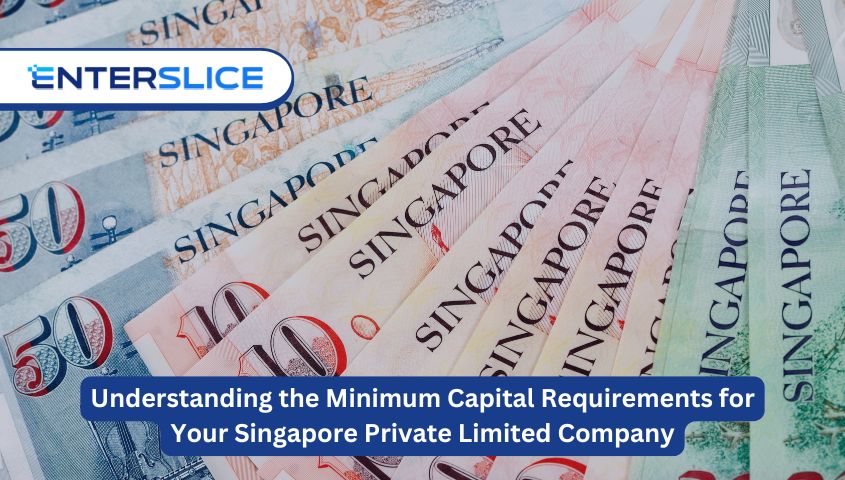How to Set Up a Business in Malta as an EU vs Non-EU Citizen

Strong 8k brings an ultra-HD IPTV experience to your living room and your pocket.
Malta has become an increasingly popular destination for entrepreneurs looking to start a business in Europe. Whether you're an EU or non-EU citizen, setting up a company in Malta offers numerous advantages, including a strong economy, attractive tax rates, and access to the European market. However, the process of company registration in Malta differs depending on your citizenship status. In this blog post, we’ll guide you through the steps of company formation in Malta and highlight the key differences between setting up a business as an EU versus a non-EU citizen.
Why Malta is a Great Place for Business
Before diving into the specifics, it’s essential to understand why Malta is a prime location for entrepreneurs worldwide. Malta is an EU member state with a strategic position in the Mediterranean, providing access to both European and international markets. The country boasts a highly skilled workforce, a favorable tax system, and a robust legal framework, making it an ideal destination for foreign investors.
Moreover, the process of company registration in Malta is relatively straightforward, and the country offers multiple incentives for businesses, including low corporate tax rates, access to various funding programs, and an attractive lifestyle.
Company Registration in Malta for EU Citizens
As an EU citizen, you have the right to live, work, and do business in any EU country, including Malta, without the need for special permits or visas. This offers a streamlined process for company registration in Malta, with fewer administrative hurdles to overcome.
Step 1: Choose the Type of Company
The first step in company formation in Malta is choosing the type of company that suits your business needs. The most common option for foreign entrepreneurs is the Private Limited Liability Company (Ltd). It’s relatively easy to set up and offers limited liability protection to shareholders, meaning their personal assets are not at risk.
Step 2: Company Name and Legal Structure
Once you’ve decided on the type of company, you’ll need to choose a unique company name and register it with the Malta Business Registry. The name must not be identical to any existing business in Malta, and it must meet certain legal requirements set by the government.
Step 3: Appoint a Company Director and Shareholder
A private limited company in Malta must have at least one director and one shareholder. The director does not have to be a Maltese resident, but at least one director must be an individual, not a corporate entity. You can also choose to appoint a corporate director if you prefer.
Step 4: Minimum Share Capital
Malta requires a minimum share capital of €1,165 for a private limited company. At least 20% of the share capital must be paid up at the time of company formation in Malta. The rest can be paid within a year of incorporation.
Step 5: Register with the Tax Authorities
To operate legally in Malta, you’ll need to register with the Malta tax authorities and obtain a tax identification number (TIN). You will also need to register for VAT if your business meets the VAT threshold.
Step 6: Open a Business Bank Account
A business bank account is required to manage your company’s finances. Most Maltese banks will require a copy of your company registration certificate, proof of identity, and business plan to open an account.
Once these steps are completed, you’ll receive your company’s certificate of incorporation, and your business will be legally recognized in Malta.
Company Registration in Malta for Non-EU Citizens
While EU citizens benefit from the right to operate freely within the EU, non-EU citizens need to navigate additional steps when establishing a company in Malta. However, the process is still relatively straightforward and does not involve major roadblocks.
Step 1: Choose the Right Type of Company
As with EU citizens, the most common option for non-EU entrepreneurs is the Private Limited Liability Company (Ltd). Non-EU entrepreneurs can also opt for other structures such as a public limited company (PLC) or partnerships, depending on their business needs.
Step 2: Appoint a Local Director
Unlike EU citizens, non-EU citizens must appoint at least one local (Maltese) director for the company. The director should be a resident of Malta, and this is a mandatory requirement for company formation in Malta by non-EU entrepreneurs. However, if you are unable to find a suitable candidate, you can opt to use a nominee director service provided by local firms.
Step 3: Company Shareholder
Non-EU citizens can be the sole shareholder of the company, and there is no restriction on the nationality of the shareholder. However, as with EU citizens, you must meet the minimum share capital requirements, which is €1,165 for a private limited company.
Step 4: Obtain a Work Permit
Non-EU citizens are required to obtain a work permit if they wish to live and work in Malta while running their business. This permit is usually tied to the business and will allow you to reside and operate in Malta. The permit application process involves providing proof of the business's viability, including the number of employees, projected revenue, and business plans.
Step 5: Register with Authorities
As with EU citizens, non-EU citizens must register with the Malta tax authorities and obtain a tax identification number (TIN) for the business. VAT registration is also required if your business exceeds the threshold for VAT registration.
Step 6: Open a Business Bank Account
Non-EU entrepreneurs will need to open a business bank account in Malta to manage their company’s finances. The bank will ask for company registration documents, proof of identity, and details about the business activities.
Step 7: Residence Permit for Non-EU Citizens
If you plan to live in Malta permanently or for an extended period, you’ll need to apply for a residence permit in addition to your work permit. The application process includes providing evidence of income and proving that you can support yourself and any dependents while living in Malta.
Key Differences Between EU and Non-EU Citizens
The most significant differences between setting up a business as an EU vs. non-EU citizen are related to the requirements for directors and work permits. While EU citizens have the freedom to set up and run businesses in Malta without restrictions, non-EU citizens must appoint at least one local director and apply for a work permit and residence visa if they intend to live in the country.
Despite these extra steps for non-EU citizens, Malta still offers a relatively simple and attractive business setup process, with favorable tax rates and a business-friendly environment.
Conclusion
Whether you're an EU or non-EU citizen, Malta provides an excellent environment for setting up a business. The straightforward process of company registration in Malta, along with the attractive tax benefits and strategic location, makes it an appealing destination for entrepreneurs from around the globe. Understanding the key differences in the setup process for EU and non-EU citizens will ensure that you comply with local regulations and have a smooth company formation experience.
Now that you know how to register a company in Malta, it's time to take the first step toward growing your business in one of Europe’s most thriving and dynamic economies.
Frequently Asked Questions
1. Can a non-EU citizen register a company in Malta?
Yes, a non-EU citizen can register a company in Malta. However, they must appoint at least one local (Maltese) director and apply for a work permit if they wish to live and work in Malta.
2. What are the minimum capital requirements for company formation in Malta?
The minimum share capital for a private limited company in Malta is €1,165, with at least 20% paid up at the time of incorporation.
3. How long does it take to register a company in Malta?
The process of company registration in Malta typically takes around 3 to 7 days, depending on the type of company and whether all required documentation is provided.
Note: IndiBlogHub features both user-submitted and editorial content. We do not verify third-party contributions. Read our Disclaimer and Privacy Policyfor details.





